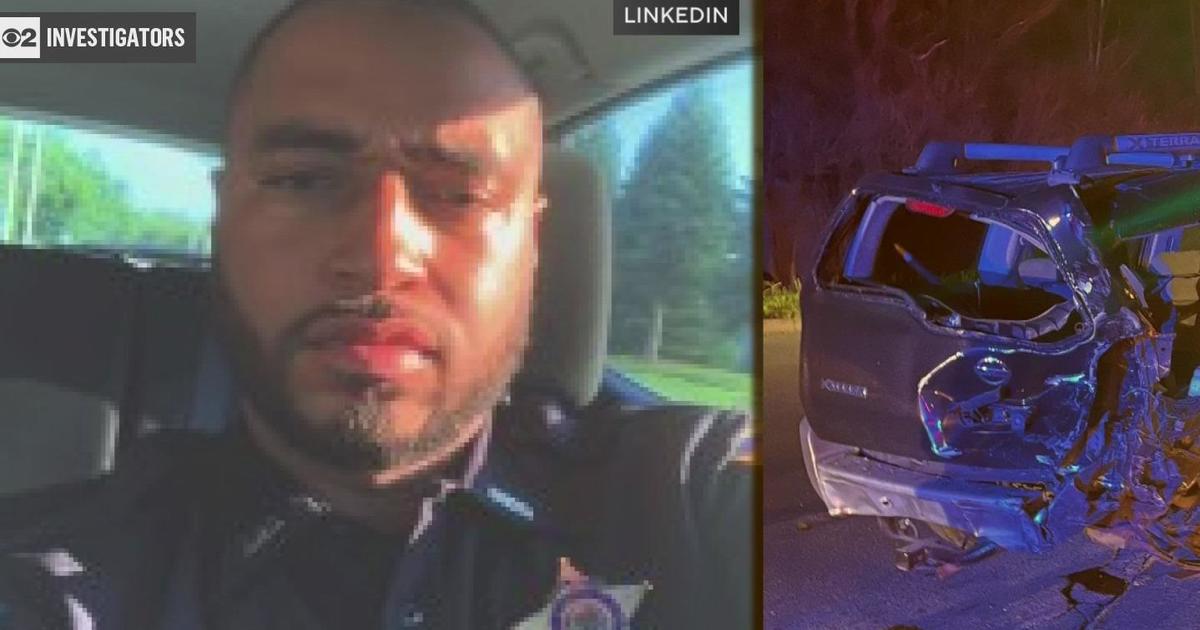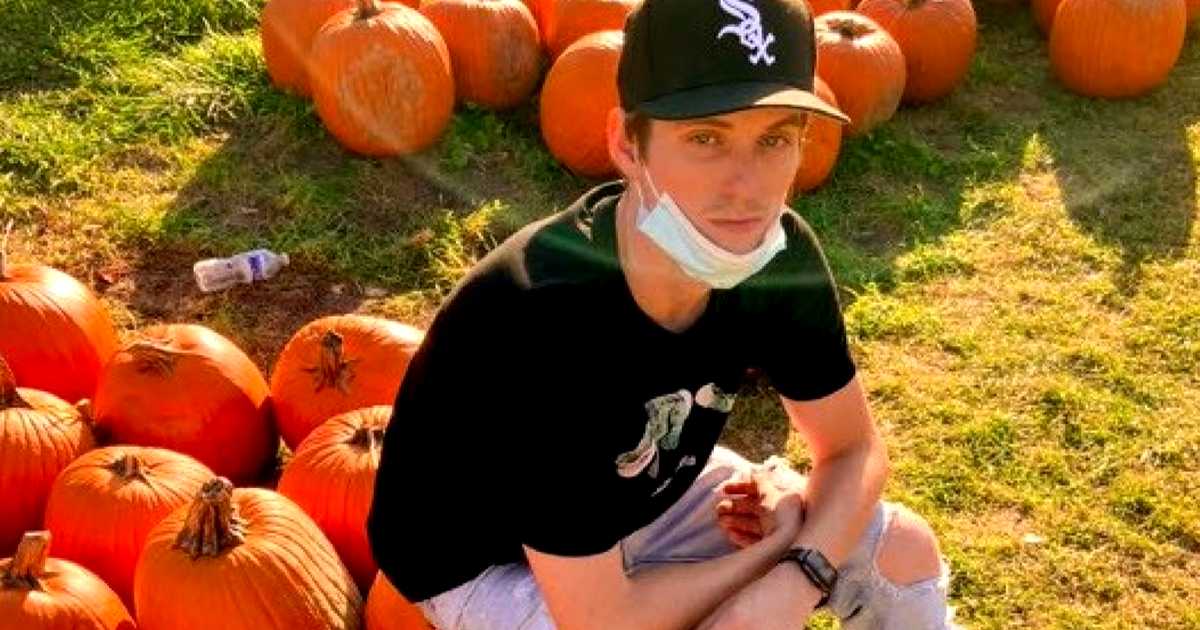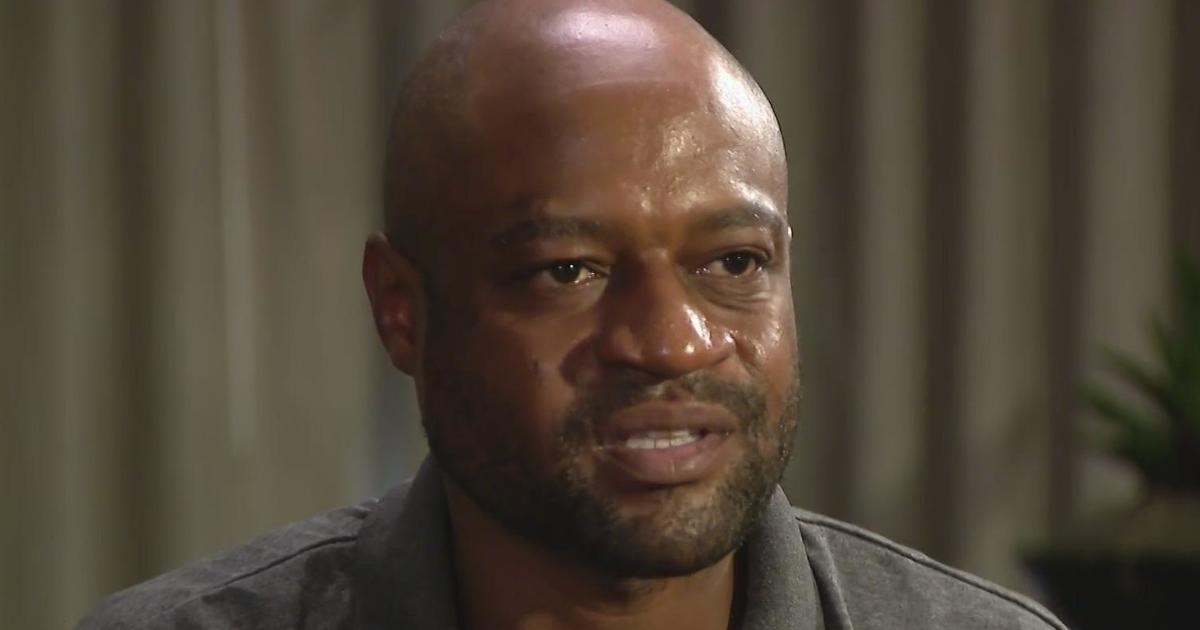First Case Of Omicron COVID-19 Variant Confirmed In Suburban Cook County
CHICAGO (CBS) -- Public health officials have reported the first confirmed case of the Omicron variant of COVID-19 in suburban Cook County.
The first known case of the new variant of the virus in suburban Cook County was confirmed Tuesday in a person who is asymptomatic, and who has received at least two doses of the vaccine, according to the Cook County Department of Public Health.
"As expected, Omicron has arrived in suburban Cook County and we must take every possible precaution to prevent this highly-contagious variant from spreading rapidly," said Dr. Rachel Rubin, Co-Lead and Senior Medical Officer, Cook County Department of Public Health. "Vaccinations, including booster shots, are vital. Masking indoors in all public spaces is mandated in the county and must continue. And we urge unvaccinated residents to not attend any holiday celebrations or social events during this time."
The first Omicron case in the Cook County suburbs comes one week after the first case of the variant in Illinois was confirmed in a fully vaccinated Chicagoan who had been in contact with a visitor from out of state who tested positive.
Cook County public health officials said they are investigating other possible cases of the Omicron variant.
The Omicron variant has been confirmed in 32 states so far, according to the Centers for Disease Control and Prevention (CDC).
Meantime, cases of the Delta variant continue to surge throughout the state.
Public health officials urged people to wear masks indoors whenever gathering with people who don't live in their household, to observe social distancing whenever possible, and to regularly wash their hands.
Much is still unknown about the Omicron variant and how big of a threat it poses. In the United States and many other nations, the Delta variant is currently responsible for most COVID-19 cases.
The CDC is encouraging boosters for people ages 17 and older, and Pfizer last week announced that a booster of its COVID-19 vaccine might offer important protection against Omicron even though the initial two doses appear less effective.
Proof of that vaccine may soon be more important than ever in Chicago, as discussions are getting louder in Chicago about a new round of mitigations as case counts continue to rise.
"We are looking at a number of different strategies to help us deal with this latest surge," Mayor Lori Lightfoot said earlier this week.
The surge in COVID cases in the city is almost exclusively Delta variant, and talk of requiring vaccine cards before entering restaurants -- as is the case in New York -- is on the table. However it's not a done deal in Chicago.
"We are talking to them about a range of issues. Haven't landed on one particular mitigation strategy versus another," Lightfoot said.
The head of the Illinois Restaurant Association weighing in on the possible transition.
"If a Chicago vaccine passport is instituted, we will advocate for policies that are as business-friendly as possible, and that don't hinder our industry's very fragile recovery," said Sam Toia of the Illinois Restaurant Association.
Since Thanksgiving, unvaccinated Chicagoans have become three times more likely to get infected. And breakthrough cases rising for the vaccinated as well.
If vaccine cards become a requirement for Chicago dining, the mayor hopes it serves two purposes.
"The type of tools being used at the local level to mitigate the spread but also compel unvaccinated folks to get vaccinated," Lightfoot said.
If there is a silver lining: Illinois' numbers are the best in the Midwest. But, Chicago is still averaging four to five COVID deaths a week. It's slightly better than the five to six average from last week.
Chicago Public Health Commissioner Dr. Allison Arwady said she is skeptical of early claims that Omicron causes less severe illness than Delta.



